| UCAS code | 1234 |
|---|---|
| Duration | 1 year full time |
| Entry year | September 2024 |
| Campus | Streatham Campus |
| Discipline | Creative Industries |
| Contact |
| Typical offer | 2:2 Honours degree |
|---|---|
Overview
- Learn from lecturers at the cutting edge of contemporary art research and curatorial practice, as well as art history and visual culture
- Expand your understanding of the social, cultural and economic issues that surround the international contemporary art world
- Develop a range of subject-specific, academic and transferable skills, including high-order conceptual and visual literacy and communication skills for the arts sector and beyond
- A partnership-based approach to support opportunities for work placements in prestigious museums and galleries (public or commercial)
- Gain knowledge from expert guest lecturers from around the world, including internationally renowned curators, artists and critics.
- Benefit from studying in the beautiful, culturally-rich South West of the UK, and also from regular field trips to London, including visits to leading art world events such as Frieze Art Fair and institutions such as Tate Modern, along with a wide range of artist-led spaces, commercial galleries and museums.
![]()
Develop transferable skills, specialist knowledge and professional experience through interdisciplinary teaching
![]()
Focus on professional practice and the cultural management aspects of Creative Industries and Humanities
![]()
Industry placement options
![]()
Opportunities for study in the field
Entry requirements
We will consider applicants with a 2:2 Honours degree (53% or above), or international equivalent, in a subject that includes some coverage of Art History, Business Studies, Drama, English, Cultural Studies or History.
Entry requirements for international students
English language requirements
International students need to show they have the required level of English language to study this course. The required test scores for this course fall under Profile B2. Please visit our English language requirements page to view the required test scores and equivalencies from your country.
Studying MA Curation has offered me tremendous amounts of growth alongside opportunities to expand on my professionalism and critical thinking. The course allowed me to explore research that was new to me while being guided by many specialists who are active in the field of curation.
I really enjoyed all the modules assignment and the freedom that came with them, which were then balanced out by careful focus from the lecturers to produce fulfilling results. The internship module comes with amazing chances to not only work within major institutions but also travel, and it allowed me to spend six weeks in the United Arab Emirates at Sharjah Art Foundation which was an unforgettable experience. I enjoyed all the teaching very much and feel it has prepared me critically and also allowed me to consider what kind of curator I want to be.
Emma
MA Curation student
Course content
The course is divided into units of study called modules which are assigned a number of 'credits'. The credit rating of a module is proportional to the total workload, with 1 credit being nominally equivalent to 10 hours of work.
The modules we outline here provide examples of what you can expect to learn on this degree course based on recent academic teaching. The precise modules available to you in future years may vary depending on staff availability and research interests, new topics of study, timetabling and student demand.
Fees
2024/25 entry
UK fees per year:
£12,500 full-time
International fees per year:
£25,000 full-time
Scholarships
We invest heavily in scholarships for talented prospective Masters students. This includes over £5 million in scholarships for international students, such as our Global Excellence Scholarships*.
For more information on scholarships, please visit our scholarships and bursaries page.
*Selected programmes only. Please see the Terms and Conditions for each scheme for further details.
This MA has allowed me to develop and broaden my knowledge of International contemporary art. It has a refreshing and stimulating approach and offers a wide range of modules, talks and lectures by curators, writers and academics.
The academic teaching is excellent and the personal attention given to students is outstanding. I have also learnt so much about the commercial and business side of the international art world.
As a result of the pandemic I followed the course online but I never felt abandoned for one single minute and the feedback and cooperation between staff and students was always fulfilling.
I would most definitely recommend this course to final year undergraduates wishing to follow a career in the art world.
My work placement at Frieze in London gave me a unique experience to be thrown into the deep end of the bustling, vibrant scene that represents the art world of the 21st century.
Arabella
MA Curation: Contemporary Art and Cultural Management
Teaching and research
.jpg)
Our lecturers are at the cutting edge of contemporary art research and curatorial practice, as well as art history and visual culture. Key members of staff specialise in contemporary art and curation, as well as the history of art and architecture, from the Renaissance to the present, the history, theory and practice of museums and collections, aspects of performance, installation, photography and video arts and visual culture from antiquity to the present day.
Placement
A partnership-based approach to support opportunities for work placements in prestigious museums and galleries (public or commercial).
Student Exhibitions
In the third and final term, students have the option to either organise a curatorial project or write a research dissertation. You can view the projects our students chose the theme for, designed and completed on our dedicated website.
Teaching
The MA offers a unique combination of academic research-based modules and more practical, hands-on experience.
Distinctive aspects of the MA are:
- A three term MA programme, structured around four taught modules (delivered in terms 1 and 2), including a work placement, in addition to a final dissertation or curatorial project (in Term 3).
- Subsidised field trips and opportunities for students to visit internationally significant collections and exhibitions throughout the course - including visits to leading art venues across the South West of England, as well as two three-day field trips to art fairs, museums and galleries in London.
- Extensive use of invited curators and museum/gallery professionals as guest speakers to contribute lectures to the taught modules as appropriate.
Your study environment
Students and staff at the University of Exeter benefit from living in one of the most beautiful parts of the country.
With stunning scenery, outstanding quality of life, low rates of crime and increasingly excellent economic prospects, the South West has cemented its reputation as one of the very best places to live, work, and study in the UK. It’s no wonder our students are consistently amongst the most satisfied in the country.
Arts and Culture, University of Exeter
The University’s Arts and Culture team work across our faculties and campuses, and with creative partners in the South West of the UK and beyond.
Their mission is to activate creativity. They make connections between people, participate in creative networks, share ideas, and support artists and their work. They’re part of the University of Exeter community of staff and students, and part of the community of cultural organisations and creative practitioners working in the South West. They want to encourage more purposeful encounters across both, and support joint creative working.
Learn more about Arts and Culture, University of Exeter
The City of Exeter
Nestled in the picturesque Devon countryside, Exeter is consistently rated as one of the best places to live, work and study in the UK.
Boasting a high quality of life and low crime rate, over a quarter of Exeter’s population study or work at the University, making the city a welcoming environment for students and academics alike.
Exeter is the administrative and commercial core of Devon. It’s home to a diverse and dynamic arts and culture scene that sets it firmly on the map as a cultural centre of the South West. It also plays a vital role in maintaining Exeter’s reputation as a thriving, flourishing and creative city.
As well as numerous independent theatres, the city centre has multiplex cinemas and smaller independent cinema venues. There's also an award-winning museum, a number of independent galleries, and a sizeable arts centre and creative hub right in the city centre.
We even have a museum on our Streatham Campus. The Bill Douglas Cinema Museum has one of Britain’s largest collections relating to the moving image. Explore their extensive collection of memorabilia, toys, images and artefacts from the 17th century to the present, right on campus.
Learn more about:
The South West
Devon
Beyond Exeter, there are lots of diverse and exciting places to explore. The city is surrounded by award-winning countryside and has a UNESCO World Heritage coastline on its doorstep. It is also the only county in England that has two National Parks and the only county in the UK to have a non-continuous coastline on both the north and south. It is home to three Areas of Outstanding national Beauty - South Devon, East Devon and the Blackdown Hills.
From walking on Dartmoor to trying a new water sport on one of the beautiful beaches, there's more than enough to keep you occupied.
Cornwall
Penryn in Cornwall, where the University has another campus base, is home to a growing community of artists, young professionals, and university students. The nearby town of Falmouth offers a wide variety of boutiques, eateries, and social venues, and hosts a number of annual events such as the Oyster Festival and Sea Shanty Festival.
Truro is a short bus or train ride away. The city boasts stunning views of the impressive Truro Cathedral, as well as many opportunities for shopping, dining, and culture.
Cornwall also offer fantastic surfing on the north coast, art galleries in St. Ives, the beautiful gardens at the Eden Project, and the breathtaking views on The Lizard and Bodmin Moor. All of these and other destinations are easily explored by bus, train, car, and bicycle, or even, via the Coastal Path, on foot.
Thanks to our prestigious Green Flag Award, the scenic beaches and coves, and dramatic clifftop views, Cornwall is one of Britain’s favourite holiday destinations. The county also has a rich history of artistic and scientific innovation, making it a fascinating and stimulating place to live, work and study.
Tom Trevor is the founding Director of the MA Curation: Contemporary Art and Cultural Management, within Art History and Visual Culture. He has twenty-five years’ experience as an international curator and writer on contemporary art, including fourteen as Director of leading UK arts institutions.
During this time he has curated more than 100 exhibitions, placing a particular emphasis upon experimental emerging practice and context-led projects. Since 2013, after eight years as Director of Arnolfini, in Bristol, he has focused on curating international biennials and large-scale visual arts projects, working in India, Korea, Denmark, Japan, UAE and the UK. Over the course of his career, he has produced, edited or contributed texts to over 40 publications, and lectured widely.
Read more from Professor Tom Trevor
Professor Tom Trevor
Programme Director
Guest lecturers
Drawing on expertise from the university’s Art History and Visual Culture team and across the world, lectures and seminars are framed around conversations with internationally recognised curators, artists, researchers and writers.
Follow us on Instagram @uofecuration to find out more about the MA Curation community


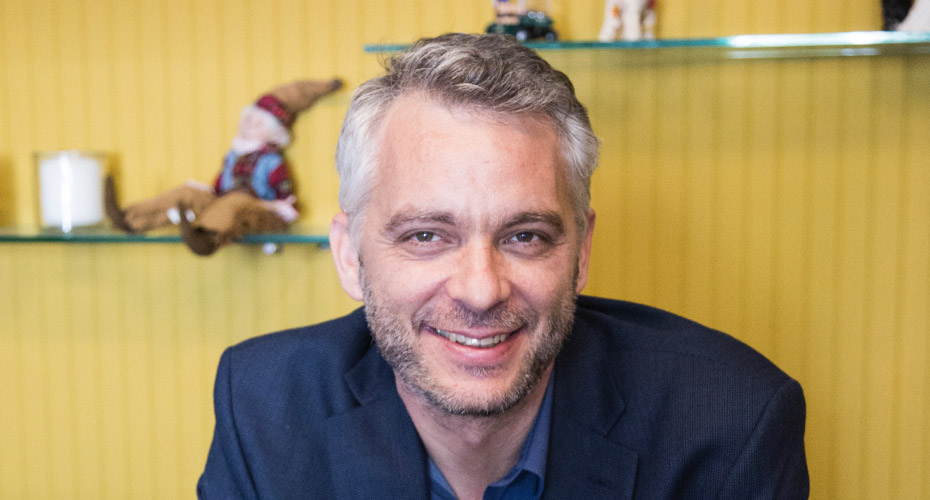

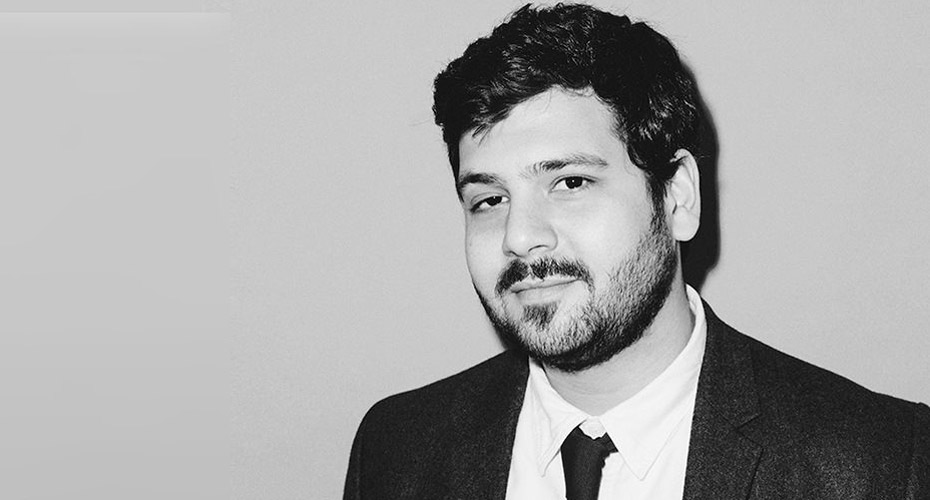
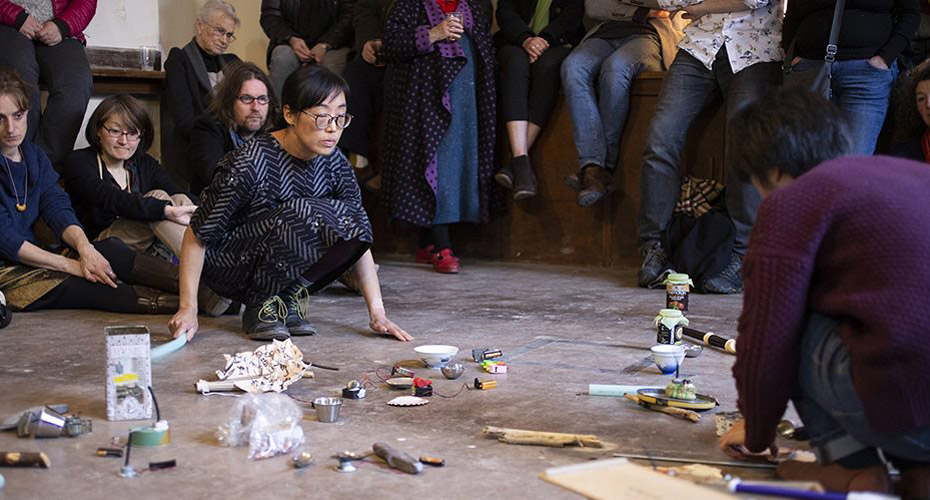
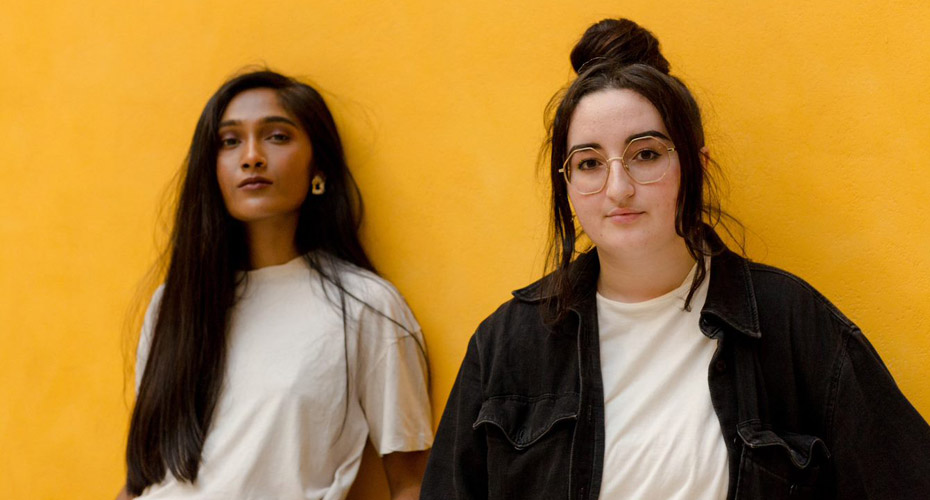
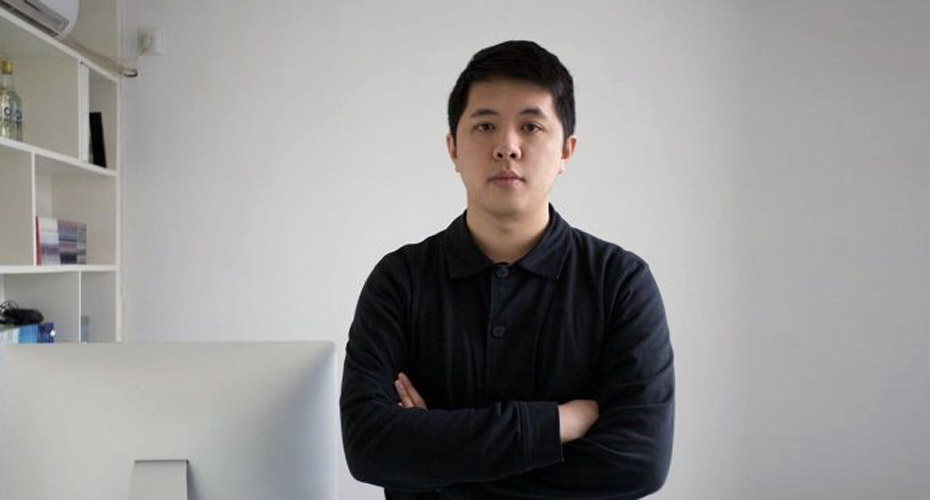
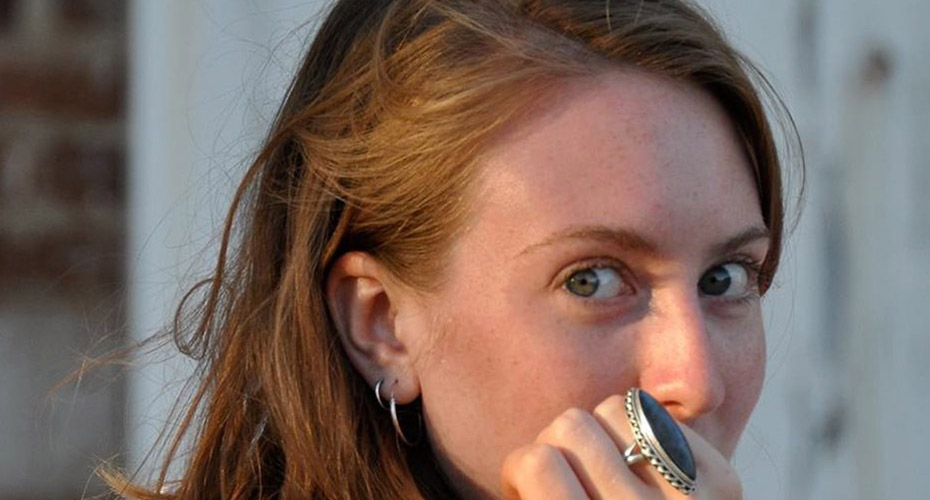
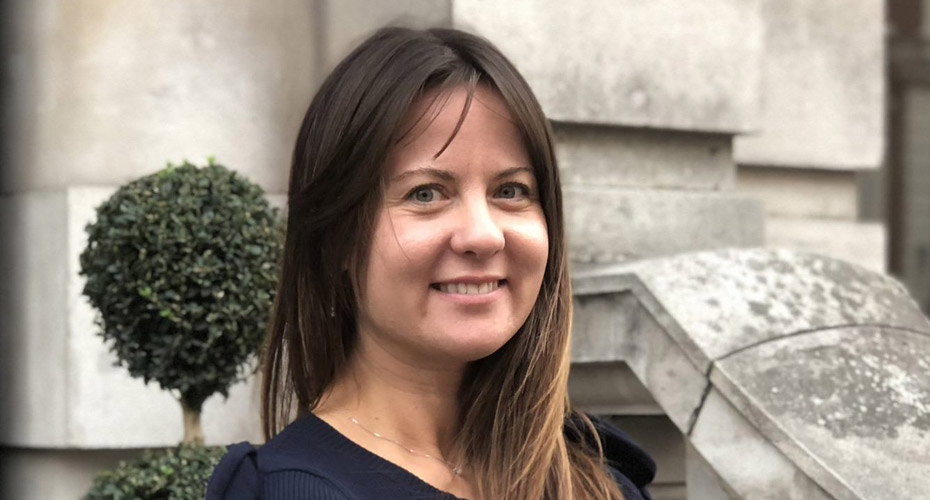
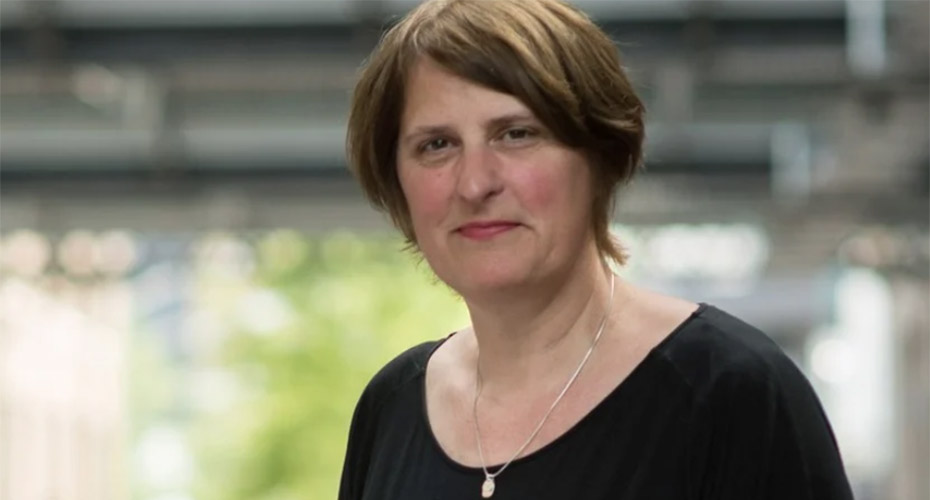
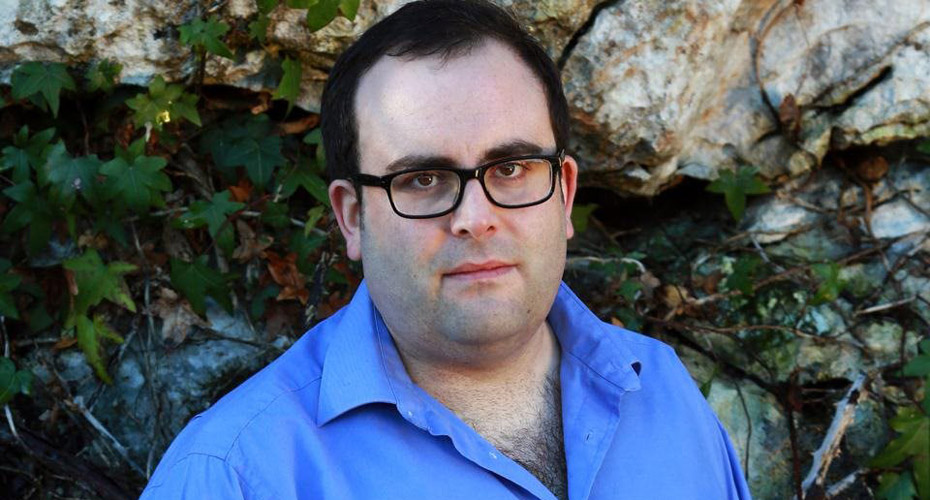
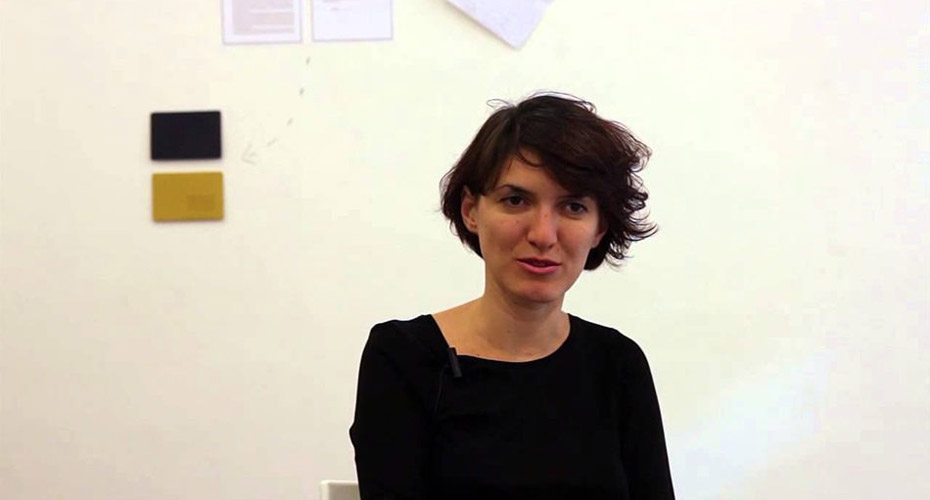
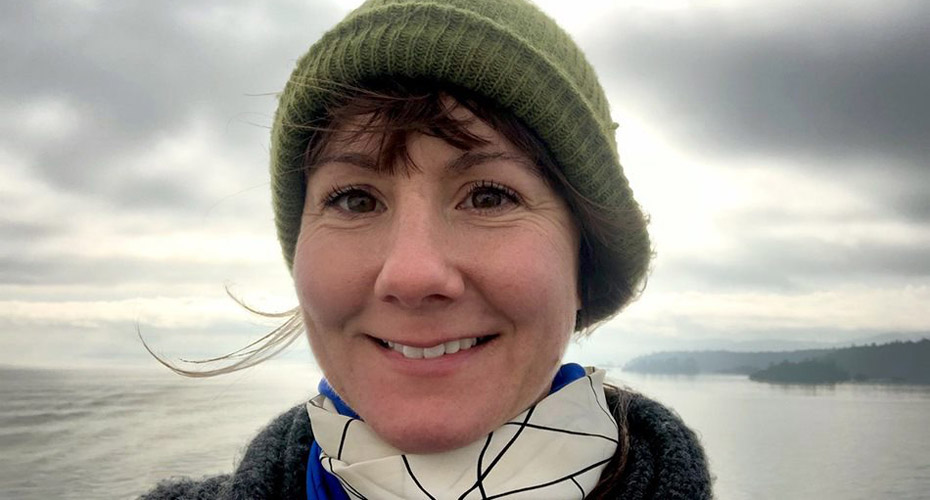
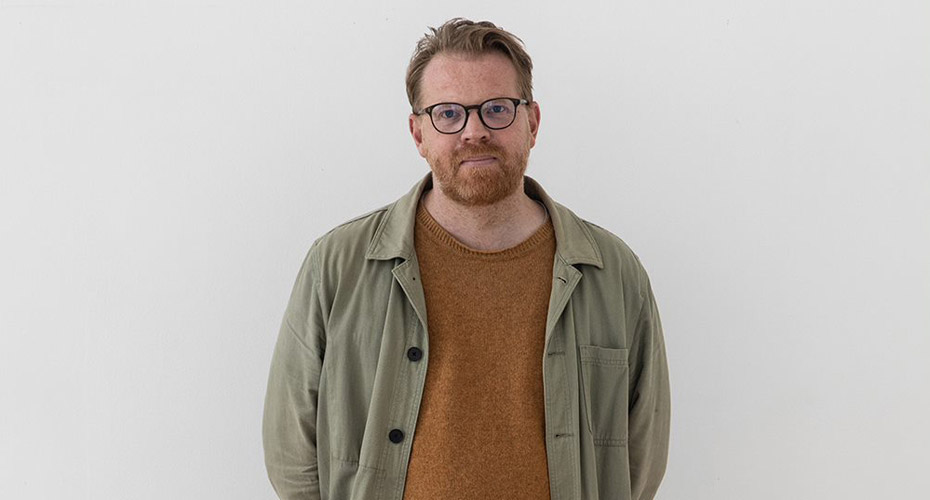
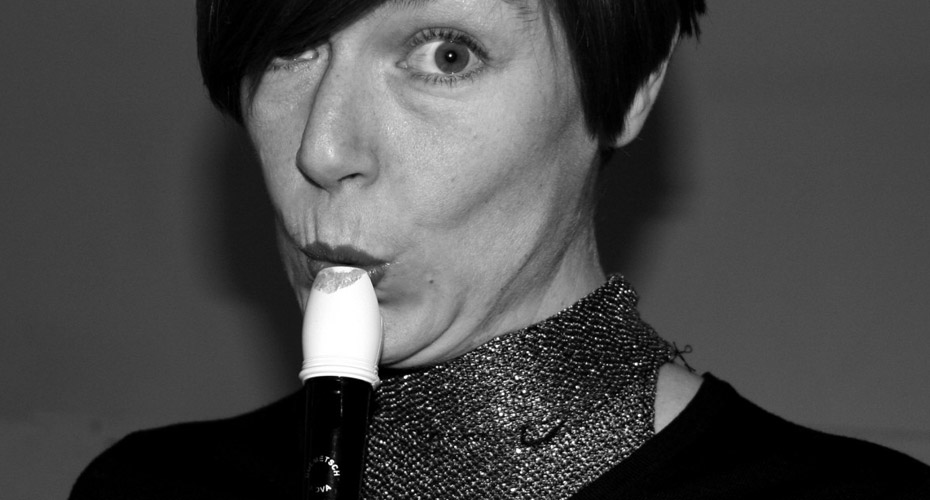
Careers
This programme will prepare you for graduate-level employment by developing a number of the skills and attributes that are valued by employers. These include the ability to:
- engage imaginatively in the process of understanding and analysing contemporary international arts, and acquire the analytical tools necessary for an understanding of them.
- promote a sense of the complex social, cultural, and institutional interactions between the production and reception of contemporary art and acquire the critical tools necessary to reflect upon these interactions.
- engage critically with theoretical perspectives, major debates, and intellectual paradigms in the fields of art history, visual culture and arts criticism, and to encourage comparative reflection on the shared and contested knowledge produced therein.
- understand the historical evolution of key concepts and procedures, in arts practice, art criticism and curatorship, and to consider the distinct and shared ways in which these concepts and procedures have developed within and beyond particular national traditions as well as different institutional contexts.
- to develop a comparative understanding of the ways in which aesthetic judgements are constructed and aesthetic processes are experienced with regards to contemporary art.
- acquire a sense of the distinctive social and cultural importance of the contemporary arts through an intellectually stimulating and satisfying experience of learning and studying.
- develop the basis for further study in art history, gallery studies, or related disciplines.
- develop a range of subject-specific, academic and transferable skills, including high-order conceptual and visual literacy and communication skills of value in graduate employment.
Opportunities
The MA will provide you with the opportunity to undertake a placement or research project with an organisation from the sector, enabling students to apply their knowledge in a business setting. A number of the University’s graduate attributes will be developed through study of the programme, including engaging as an active and committed global citizen.
Skills
The programme is international in its focus and encourages you to understand the social, cultural and economic issues that surround the contemporary art world. The skills you develop are therefore transferable into a broad range of employment contexts, both related to the arts sector and beyond. For example, the Art Writing module will equip you to: produce texts suitable for a variety of different platforms: including briefing documents, arts criticism, catalogue writing, exhibition texts, interpretation materials, podcasts and online content.
Potential career paths
- Public galleries / museums
- Curation
- Commercial galleries and dealerships
- Arts Investment and Wealth Management
- Arts and Culture Policy
- Heritage Management
- Academia
- Culture Management: Government Departments / Advisory Boards
- Marketing, PR and Communications
Studying MA Curation: Contemporary Art and Cultural Management has enabled me to delve deeper into the theory of art and practicalities of curation. I enjoy the flexibility of the assignments as I can really focus on the concepts that interest me.
Art Writing has been one of my favourite modules as we were introduced to a range of experts who specialised in all styles of writing.
Overall the MA has been an excellent opportunity to network within the art world and expand upon my own personal interests.
Olivia
MA Curation: Contemporary Art and Cultural Management











